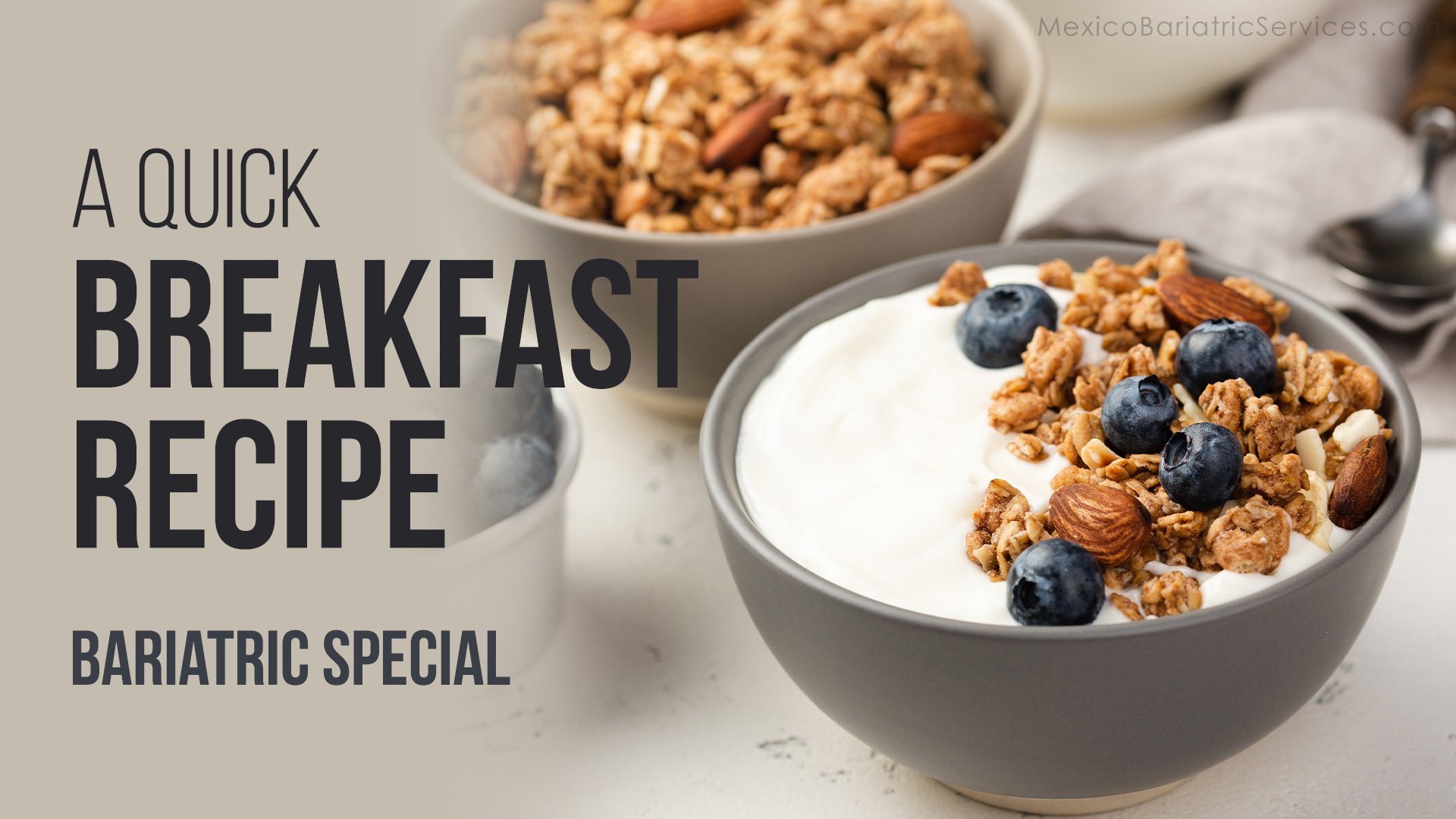Introduction
This Cookie Policy explains how MexicoBariatricServices.com, a unit of Medical Tourism Corporation ("We," "Us," "Our"), uses cookies and similar technologies to recognize you when you visit our website. It explains what these technologies are, why we use them, and your rights to control our use of them.
What Are Cookies?
Cookies are small data files that are placed on your computer or mobile device when you visit a website. Online service providers widely use cookies to facilitate and help to make the interaction between users and websites, mobile apps, and online platforms faster and easier, as well as to provide reporting information.
Why Do We Use Cookies?
We use first and third-party cookies for several reasons. Some cookies are required for technical reasons in order for our website to operate, and we refer to these as "essential" or "strictly necessary" cookies. Other cookies enable us to track and target the interests of our users to enhance the experience on our site. Third parties serve cookies through our site for advertising, analytics, and other purposes.
Types of Cookies We Use
- Strictly necessary cookies: These are the cookies that let you browse through our site. They are also necessary for security reasons.
- Third-party cookies: This website uses Google Analytics to collect anonymous information, such as the number of visitors to the site and the most popular pages. Keeping this cookie enabled helps us to improve our website.
How Can You Control Cookies?
You have the right to decide whether to accept or reject cookies. You can exercise your cookie rights by setting your preferences in the Cookie Consent Manager. The Cookie Consent Manager allows you to select which categories of cookies you accept or reject. Essential cookies cannot be rejected as they are strictly necessary to provide you with services.
If you choose to reject cookies, you may still use our website though your access to some functionality and areas of our website may be restricted. You may also set or amend your web browser controls to accept or refuse cookies. As the means by which you can refuse cookies through your web browser controls vary from browser-to-browser, you should visit your browser's help menu for more information.
Changes To This Cookie Policy
We may update this Cookie Policy from time to time in order to reflect, for example, changes to the cookies we use or for other operational, legal, or regulatory reasons. Please, therefore, re-visit this Cookie Policy regularly to stay informed about our use of cookies and related technologies.
Cookie Usage
- Usage of Information: MexicoBariatricServices uses cookies to gather non-personally identifiable information about users' visits to our site. This includes IP address, the domain name and browser used to access the internet, the pages visited on our site, and the address of the website visited immediately before visiting our site. We use this information to make our site more useful to visitors.
- Session Cookies: We use session cookies, which are small files written on the user's computer. These cookies expire when users leave the website and retain information only during the session or for the purpose of completing a particular online transaction, without any capacity to track users over time and across different websites.
- Linked Sites: The website includes links to other websites. MexicoBariatricServices is not responsible for the privacy practices or content of these linked sites and disclaims all responsibility and liability associated with users' use of these linked sites.
- Children’s Privacy: MexicoBariatricServices does not collect, store, or disclose information about children under the age of 18 without parental consent. If we receive information from a child under 18, we use that information only to inform the child that we require parental consent.
- Personally Identifiable Information: MexicoBariatricServices collects personally identifiable information directly from users on our website, orally or using offline forms. This information is shared with our dental clinics and hospitals network to provide users with health service solutions. We implement precautions to ensure this information is retained securely and protected against loss, misuse, and unauthorized access, disclosure, alteration, or destruction. We do not sell or transfer this information to another party for any purpose other than to provide the services users request.
Contact Information: If users have any questions or concerns regarding Mexico Bariatric Services's Health Privacy and Confidentiality Statement or our practices, they are advised to contact info@mexicobariatricservices.com.
More Information
If you have any queries in relation to this Cookie Policy, you can contact us at info@mexicobariatricservices.com.
For more information about privacy, data protection, and our terms and conditions, please visit the following:
[Privacy Policy] [Terms and Conditions]
Date of last revision: 15.06.2023




I can’t eat chicken anymore of any kind.why is that. It makes me vomit .with in a minute
Hi Lorri. Chicken is a very common food intolerance after surgery and frequently is related to its drier texture. Food intolerances do not always make sense to patients or health care professionals, but listen to your body and avoid any food that does not “sit well” in your stomach or pouch.
Here are some tips for when you consume any kind of meat. 1) Choose moist, tender well cooked meats. Using a crock pot or slow cooker is great for this. 2) Include a broth or sauce with your meat for extra moisture. 3) Cut meat into dime sized bites or smaller. Chew thoroughly and wait 30-60 seconds between bites. 4) Avoid breaded and fried meats.
If you still have difficulty with chicken after trying the above suggestions, I would avoid it for at least 1-2 months. Food intolerances usually improve with time.